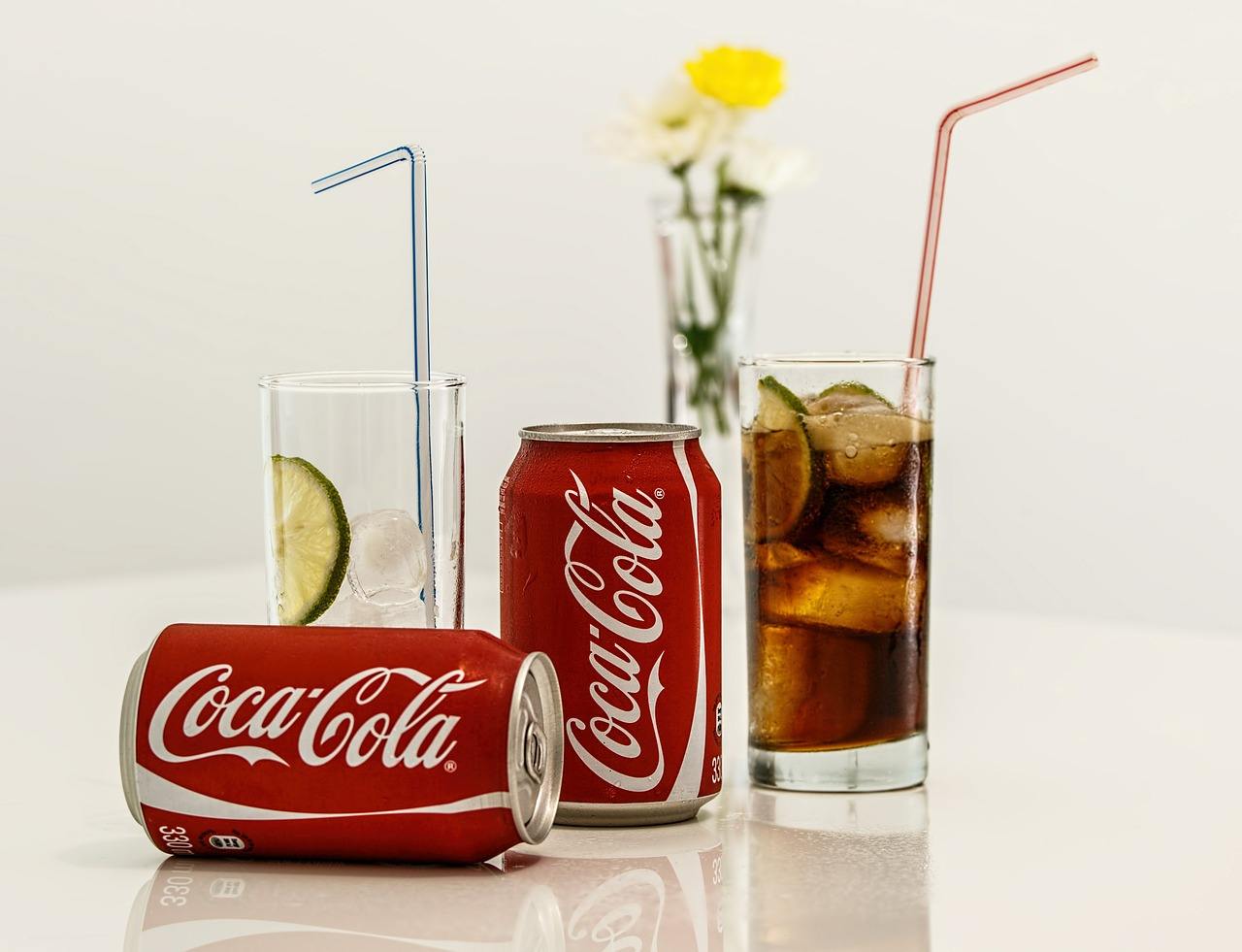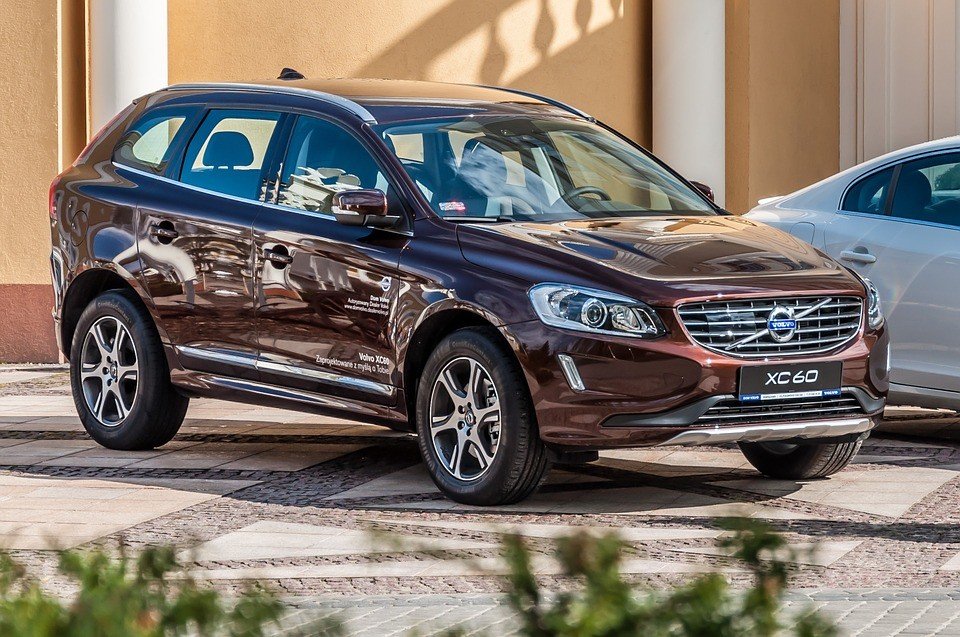Business
What you need to know about building business brands
Having the right business brands could have more lasting effect than any other physical assets of a business.

Business brands are considered to be one of the most enduring assets of a company. Done right, it could even outlast any physical aspects of a business.
It was John Stewart, co-founder of Quaker Oats, who once said, “If this business were split up, I would give you the land and bricks and mortar, and I would keep the brands and trademarks, and I would fare better than you.”
Contrary to common belief, business brands are more than the names you build. It isn’t just the logo that you designed to represent your service or product. Business brands are more about a customer’s perceptions and what they feel about you, and what you’re giving them. It is this well of emotions that transform potential into revenue.
What your business means to your customer determines the depth of their loyalty. A product can be consumed, a service exhausted—a brand, for all its purposes, lives in the heart and mind. Given the right encouragement and motivation, it can stay evergreen.
Building equity and earning your customer’s loyalty
When a customer is willing to pay certain premiums because of your brand, that’s called equity. According to Scott Davis, author of Brand Asset Management: Driving Profitable Growth Through Your Brands, loyal customers of Coca-Cola are willing to pay a 50 percent premium.
On the other hand, Volvo customers will shell out 40 percent. A target market that is open to going beyond regular patronage, and to following you through the latest trends and changes, is a captured audience. That is something that you need to take care of as much as your business.

Volvo customers are willing to pay a 40 percent premium. (Source)
Together, business brands and consumers form a symbiotic relationship that can provide certain competitive advantages. For example, having a large following would mean that you have more clout when selling your products in a store. Partnering with other services might also prove fruitful because your name brings with it credibility. You can also take more risks, and not worry so much about the fallout. For instance, when Apple came out with the iPhone, it baffled a lot of tech experts at first. Eventually, as the world knows, it changed the game for the mobile industry forever.
Making a meaningful impact on your target market
Today, Coke’s brand value is more than $81 billion. Apple, meanwhile, is worth more than $118 billion and is considered to be number one in the world. Because of how they have built their respective empires over the years, these two companies are in a better position to develop more products and services that customers will embrace and even recommend.
Some analysts would probably say that at the end of the day what you give back to your shareholders is what’s important, and they are probably right. But one must remember what this giving back means—it’s not just about money, but value. Specifically: a strong brand value. Your brand is what is going to contribute to your business growth, as demands shift, as economies fluctuate, and as other unforeseen circumstance affect the operations of your business.

-

 Fintech1 week ago
Fintech1 week agoFintower Secures €1.5M Seed Funding to Transform Financial Planning
-

 Impact Investing5 days ago
Impact Investing5 days agoBNP Paribas Delivers Record 2025 Results and Surpasses Sustainable Finance Targets
-

 Biotech2 weeks ago
Biotech2 weeks agoTwogee Biotech Advances Industrial Enzyme Solutions for Circular Production
-

 Crypto2 days ago
Crypto2 days agoUniswap and BlackRock Partner to Launch BUIDL in DeFi
![Kevin Harrington - 1.5 Minutes to a Lifetime of Wealth [OTC: RSTN]](https://born2invest.com/wp-content/uploads/2023/12/kevin-harrington-400x240.jpg)
![Kevin Harrington - 1.5 Minutes to a Lifetime of Wealth [OTC: RSTN]](https://born2invest.com/wp-content/uploads/2023/12/kevin-harrington-80x80.jpg)




















